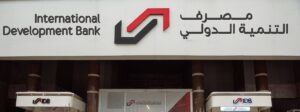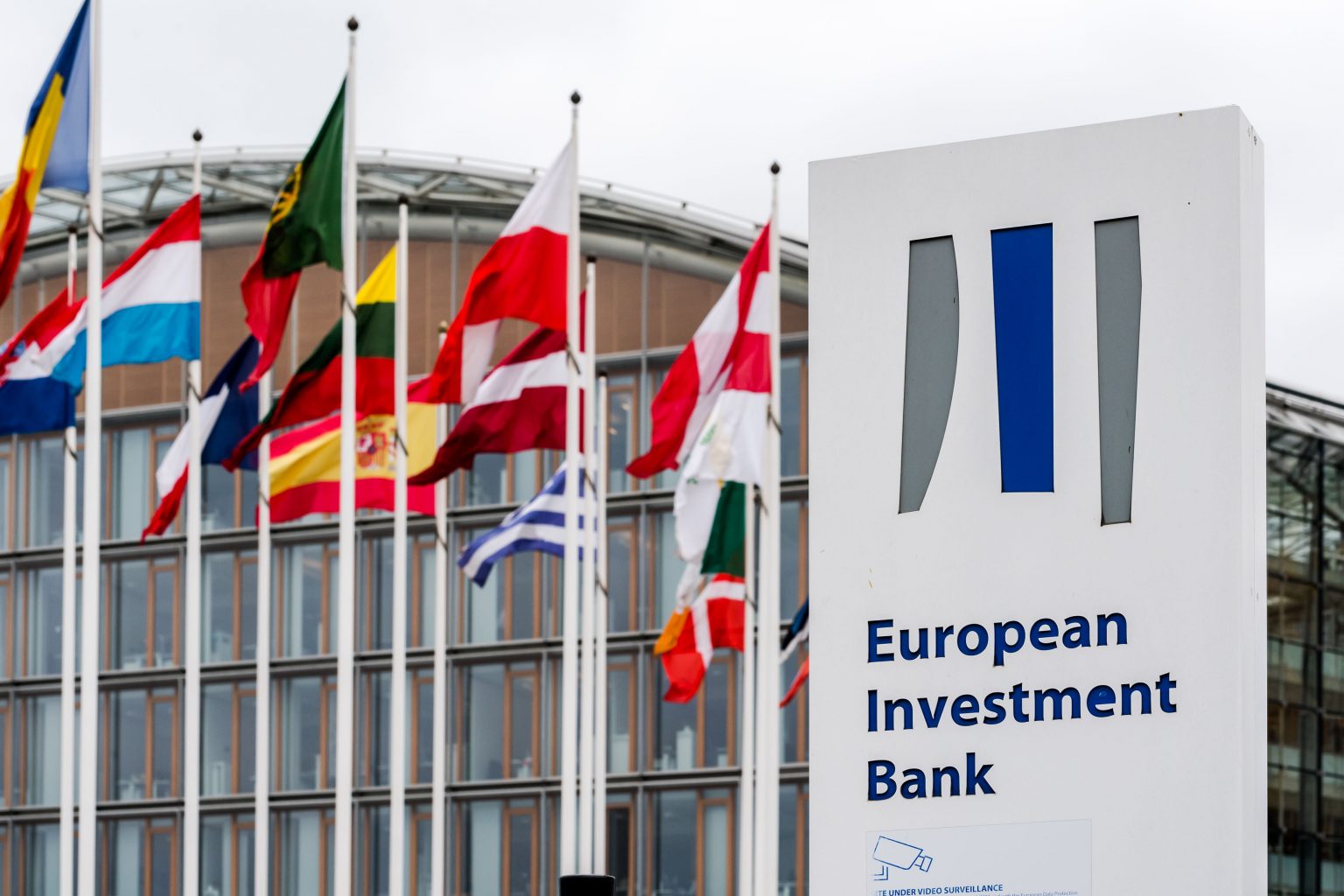The European Investment Bank (EIB) board of directors approved $14.9 billion to finance post-pandemic recovery projects and climate action around the world.
The new financing includes more than $3.67 billion of COVID-19 related investment aimed at strengthening public services, improving public health and back investment into companies in sectors hardest hit by the pandemic.
The bank has approved $23.8 billion since the pandemic began to enable public and private partners around the world to address challenges in health, social and economic aspects.
The EIB board of directors agreed to back investment in telecommunications, agriculture, housing, water and urban development across Asia, Europe, Africa, and Latin America.
Werner Hoyer, EIB President said fighting climate change and tackling the pandemic has to go hand-in-hand to achieve a green recovery. He also said that this money would be invested in sustainability and innovation efforts and be used to minimize the impact of climate change.
“The $14.9billion of new EIB financing approved today shows how we are working with thousands of local partners to make a long-term difference to people’s lives during these challenging times,” said Hoyer.
Among the African countries that the bank approved for the new targeted post-pandemic financing initiatives schemes are Morocco and East Africa.
Also: European Investment Bank and UNICEF partnership
Local financial partners and banking intermediaries will manage the new schemes in order to reduce economic shocks, unlock new investment and target those sectors most vulnerable to uncertainty induced by the pandemic.
Of the new EIB funding, $3.5 billion is meant to support energy investment to reduce energy use and increase the generation of clean energy across the world, while $1.8 billion of that will be used to finance small-scale local climate change mitigation projects across the European Union.
The bank will also support new off-grid solar schemes for millions in Africa and Latin America to access reliable clean energy for the first time.
Another $3.4 billion will improve sustainable urban and national transportation worldwide, while a portion will go for urban development and social housing.
Also Read: European Union €64m for most vulnerable in Southern Africa




